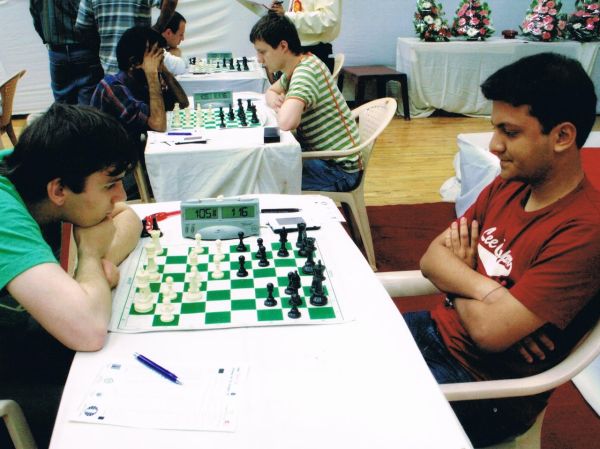


I get up at six in the morning. I am playing the Mayor's Cup international chess tournament 2009, which is being held in my hometown, Mumbai. The game is to begin at 10 a.m. but I am not able to sleep.
The reason: my third round opponent is the extremely strong Russian GM Vladimir Belov, rated 2628. While preparing for him on the previous day I saw that he hardly had lost a game to players rated lower than him. After all, to reach a rating of 2628 you have to be consistent. With my paltry rating of 2268 I had mentally given up hope of beating this formidable opponent. And when I heard that he was a second of the super famous Alexander Grischuk, that was the last nail in my coffin!
How can a player who is just another bloke in the sun (i.e. myself) challenge a product of the mighty Russian chess school? More importantly, what quality did I possess that would be superior to his? His opening knowledge would definitely be world class, as he had worked for Grischuk. He must surely have seen more middlegame patterns, and well, even a 12-year-old Russian boy would play better endgames than me! I left my home with this “I give up” attitude. It was definitely a David vs Goliath encounter!
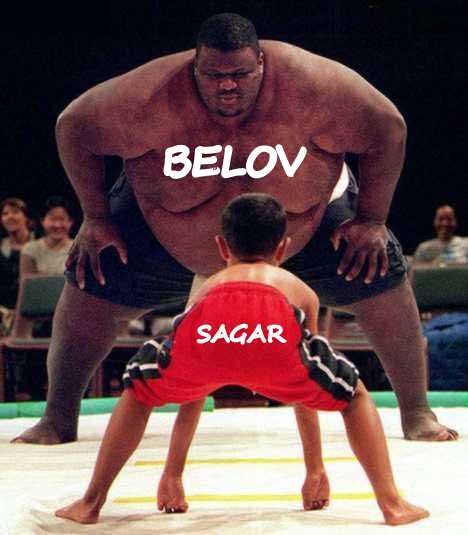
David and Goliath — how terribly unfair! But maybe not exactly the way you think.
I reached the railway station on my way to the tournament hall. And while I was on the bridge I saw the train approaching the platform. I made a dash to catch it! My eyes were fixed on the carriages entering the station. Thoughts like, “I will be late for the game if I don’t catch the train, a ten-minute deficit against Belov will be like rubbing salt into a wound, etc., etc.!” started to bombard my mind.
BAMMM! In my haste I hadn’t seen a stone that was lying in my path, and I fell. It wasn’t a bad fall, and I got up instantly, but I had lost enough time to no longer be able to catch the train! I waited for the next one to come. While I was waiting, I tried to think about what had just happened.
There were two forces interacting in the situation: the train and myself.
I had absolutely no control on how the train would behave, but I had full control over my body, my legs and my speed. I should have been focussed on how I could maximize my running speed, on how to dodge the obstacles in my path, and devoted my attention to that. Instead, what I did was to watch the train, as if my gaze were powerful enough to slow it down!
Add to that my mind, which was producing negative emotions. How in the universe was I to focus on the job at hand? As I reached the tournament hall, I had formulated an important hypothesis: In many situations in life there two forces interacting with each other.
1. Forces that are in our control.
2. Forces that are out of our control.
In such a scenario it is important to completely block out the forces which are not in our control and focus with all the energy on what is in our hands. Because if you give your best and still can’t achieve the job, you need not be upset, as there was nothing more that you could have done. But what we definitely should not be doing is to waste our precious energy on things that we cannot influence (like the train).
Thus the moral is: train your mind to always focus and give 100% on the things that you can influence. If you do that you will never feel guilty, that you didn’t give it your best!
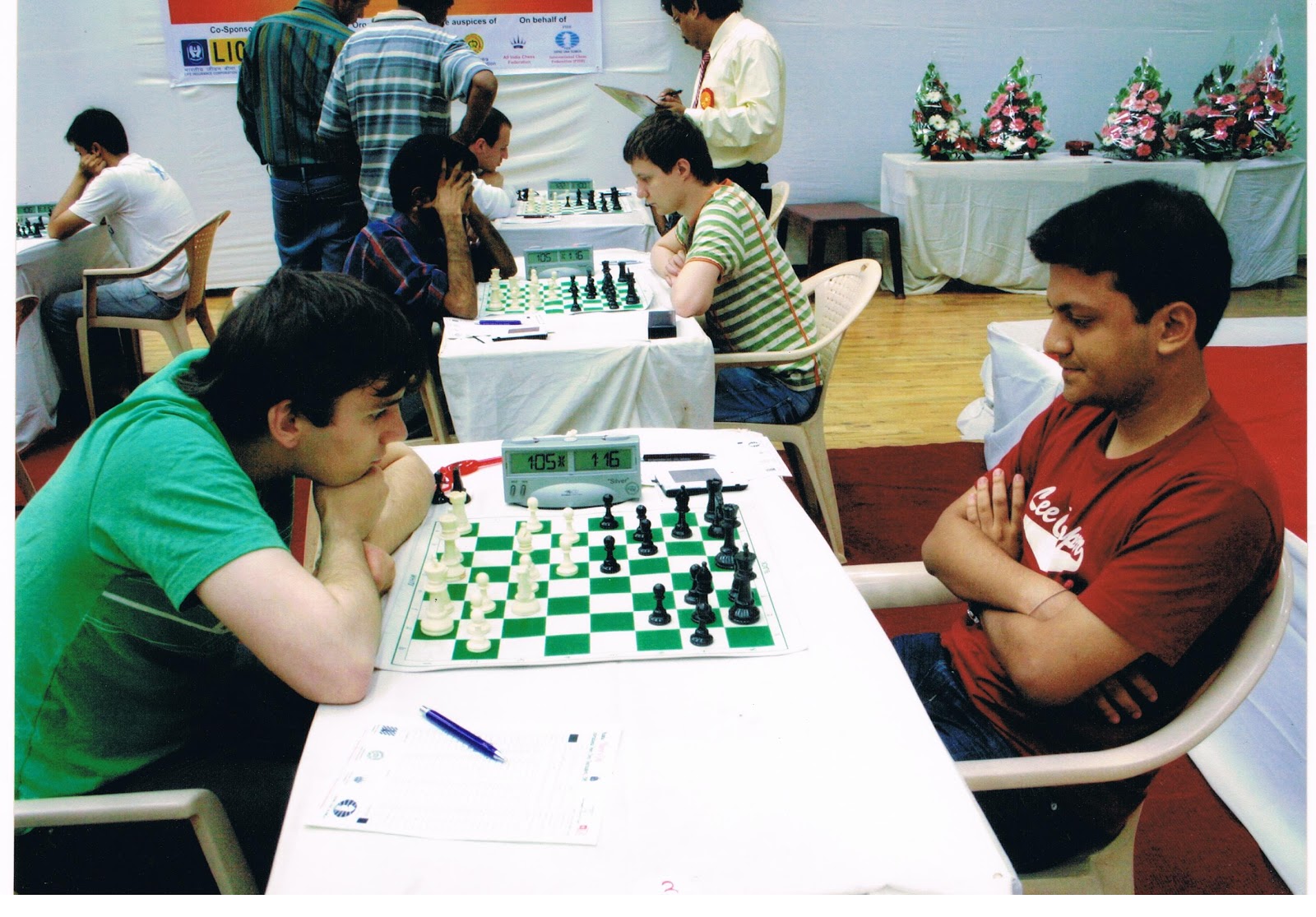
As for my game with Vladimir Belov, I reached the board a few minutes late, but I was calm. My mind was focused on the work at hand: to make the best moves! It was as if I didn’t even care who was sitting opposite me. We played a hard-fought game, and believe it or not, after four hours I managed to beat him! Since that day David has grown and with that so has my confidence and self-belief!
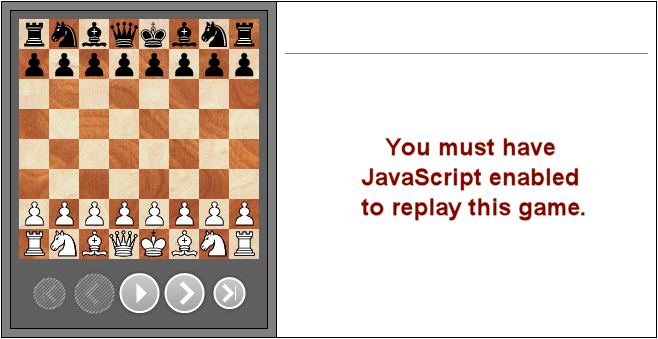
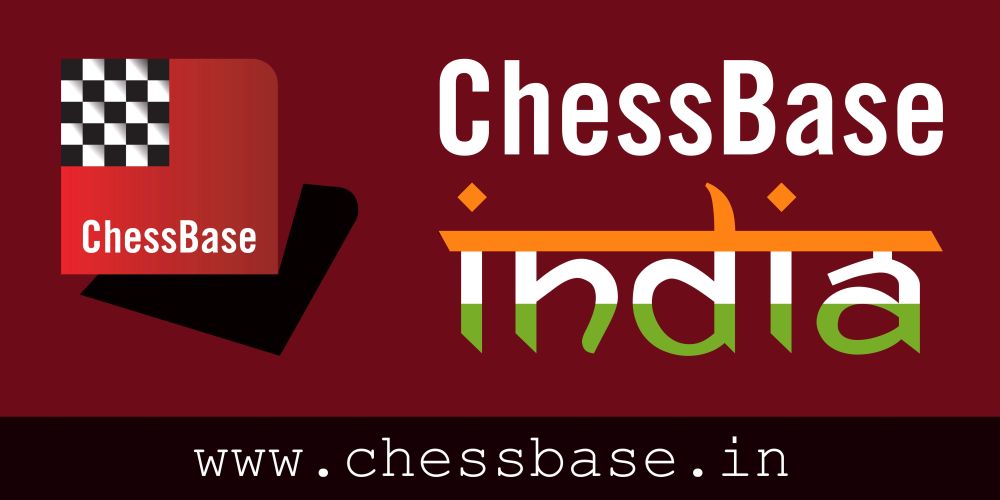
This was first published on ChessBase India under a series called "Philosophical side of chess". Here are the three articles of the series:
Part I of the Philosophical side of chess: Leave your comfort zone
Part II of the Philosophical side of chess: Knights and Bishops
Part III of the Philosophical side of chess: David vs Goliath